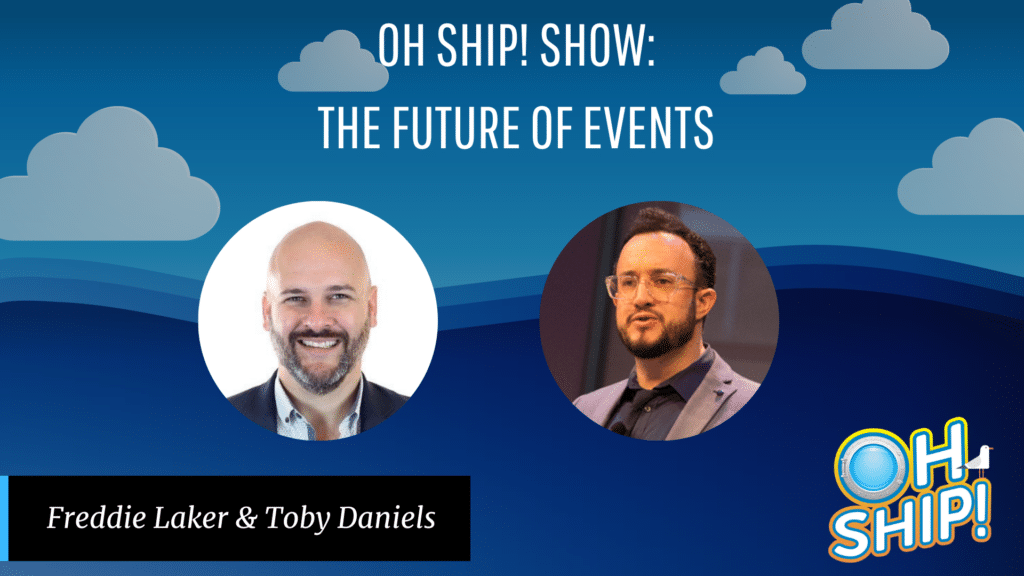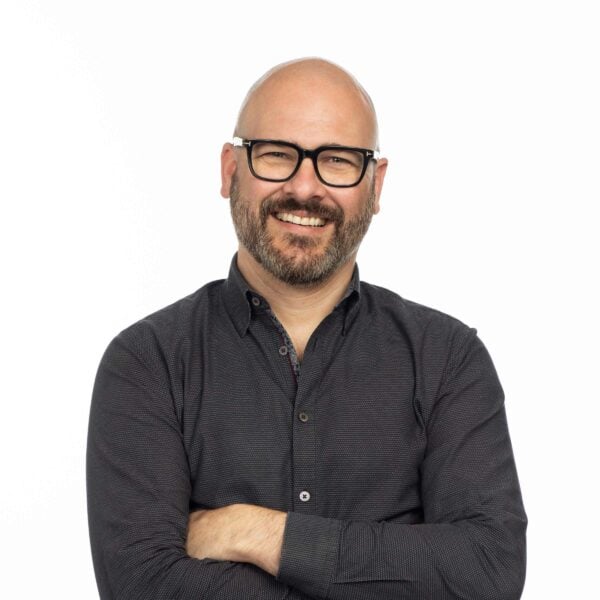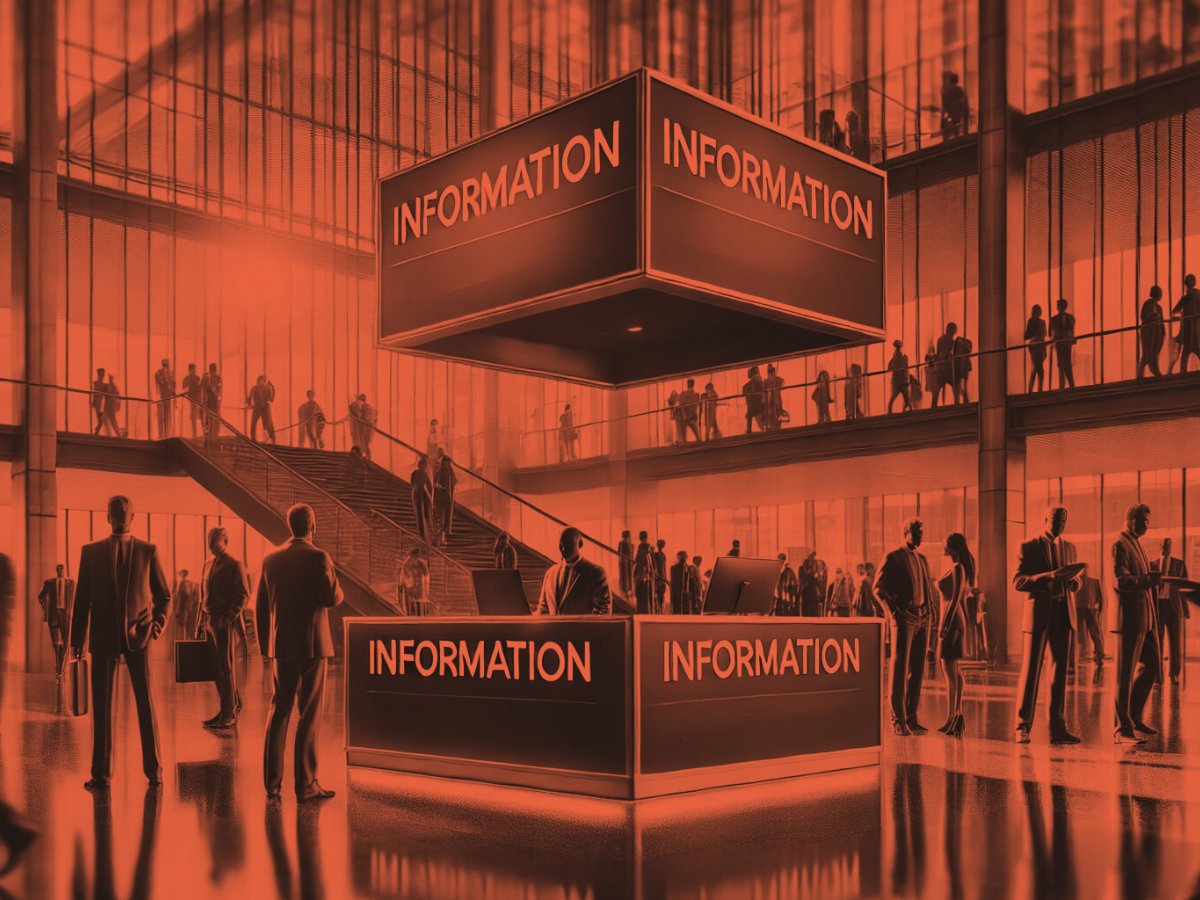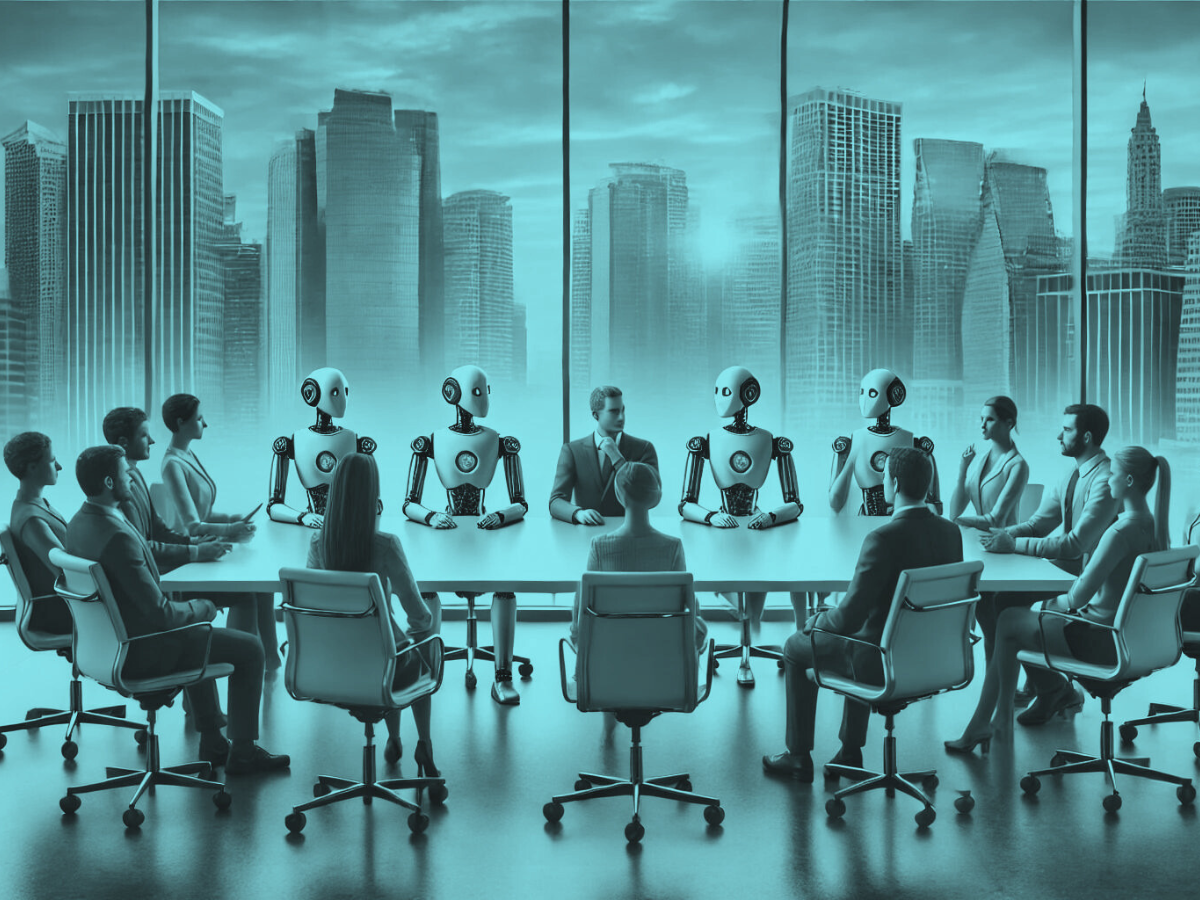Toby speaks on his career inspirations, the future of events, and what he’s learned from COVID-19.
Toby Daniels works at the cutting edge of virtual conferencing, so he has some excellent insights on the future of events. As the founder and CEO of Crowdcentric Media, he works at the intersection of media, marketing, and technology, using events and publishing to build and engage audiences. They host a major annual social media conference virtually in over 28 cities around the world, for one thing. This year’s conference will be held May 4 through 7, focusing on how we can reimagine social media marketing to meet the world’s changing needs.
Fun fact: In the mid-2000s, Toby hosted a live-streamed event moderated by Freddie that drew people from around the world for a panel discussion. “I don’t think we understood how ambitious that was at the time,” says Freddie. “We would have struggled to do that today!”
Inspired by Burning Man.
In 2008, Toby was helping launch a UK startup in going digital, producing social networking products. After deciding to strike out on his own, he also went to Burning Man. The idea of designing an experience that is actually created by the people who are experiencing it fascinated him.
“What are the fundamental underlying philosophies that motivate so many people to want to contribute to the design and execution of this event experience?” he wondered.
His time at Burning Man, along with the centrality of social media to Obama’s victory, ignited an idea in him. How could he elevate the conversation about the role of social media in business and society by connecting the conversations happening around the world?
In New York, they launched a grassroots community spread throughout the city, building off of what he’d learned at Burning Man. Then, they decided to try a conference: a five-day event happening simultaneously in six different national markets like Berlin, São Paulo, Toronto, and London.
They’ve grown consistently since then, and 2019 was their biggest year in terms of revenue. Pre-COVID, they were holding flagship conferences in three key markets—New York, LA, and London—and they license their social brands to local operators in about 18 different countries around the world. In total, they bring together between 50 and 70 thousand professionals at their in-person events, as well as publishing content to a vast digital audience.
With the expanding role of social media, they’ve also begun exploring ethical questions, like the following:
Should social media platforms be monitoring communications?
Some are asking whether social media should be monitoring and restricting communications in light of the potential for spreading false information online. That idea gives Toby pause. “Everything exists on a spectrum,” he says. “Social media also is always simultaneously going to be used for good and bad.” There are people who tell you about their lunch, and there are people who use it to rise up against oppression. However, platforms do need to be accountable for how their services are used to some extent, he says. That’s why companies like Google and Facebook are investing a lot of money in researching solutions to ethical dilemmas, but it’s a complicated problem due to their scale.
How did they navigate COVID-19?
He looks at 2020 as the most challenging but important year in his career. It was very humbling. When COVID hit in March, he thought that if they could just weather the storm, they might be the only ship still standing and could host a successful May event. Instead, that turned out to be an Oh Ship! moment, and they had to quickly pivot to holding a single virtual conference called SMW1. They produced about 170 hours of live-streamed content in May and considered it a success under the circumstances.
Toby learned that making an event virtual is not “apples to apples.” “You have to start from scratch and build an experience that speaks to how people want to consume the content,” he says.
Toby’s identified three main archetypes in terms of audience profiles:
- The multitasker, who watches something in the background while sending emails or checking social media. “We don’t have 100% of their attention, and that’s fine. We just have to say something controversial to pull them back in every so often,” he says.
- The appointment setter, who engages with the chat and blocks everything else out.
- The binge-watcher, who checks it out after it’s happened and sometimes checks out a bunch of other episodes or content as well.
About 50% watch live and 50% watch on demand, he says. It’s probably a fairly even split between those three archetypes, Toby thinks. “We’ve been trying to cater to all three of them simultaneously and somewhat equally if we possibly can,” he adds.
What is the future of events?
When in-person events come back, people will decide whether they want to attend in-person or virtually, according to Toby. “Your event better be the shit,” he says. “Your event’s gotta be essential for people to make a decision to come, whether they’re traveling and getting on a plane, or whether they’re just leaving their office for a couple of hours.” The rest will be phased out.
Hopefully, Toby’s advice has given you some valuable insights into what to expect moving forward. Don’t miss his virtual Social Media Week convergence for much more!





